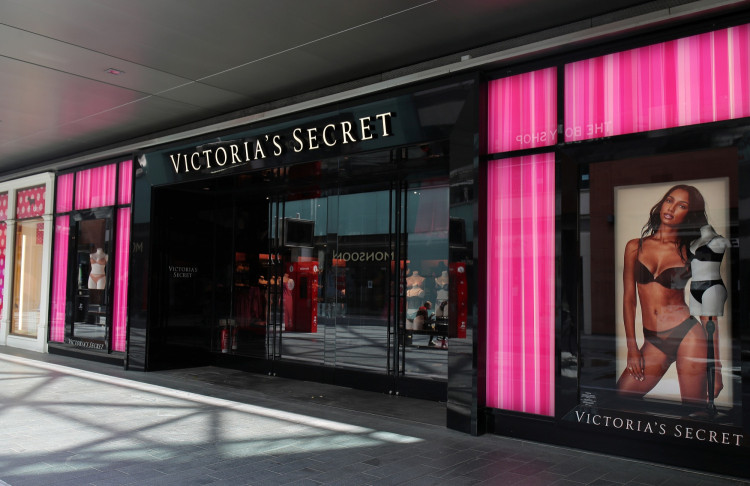US lingerie and women's clothing brand Victoria's Secret abruptly closed down its flagship store in Hong Kong this week. Without warning, the iconic retailer has become the latest luxury brand to close its business in the city amid the massive decrease in tourists and customers due to the coronavirus pandemic and the continuing social unrest.
The company's store in Causeway Bay was closed on Thursday, with a paper notice on its front doors notifying customers that they can still continue to buy its products online through its international website. The flagship store was the last Victoria's Secret outlet in the city. Victoria's Secret had closed its beauty and accessories store at New Town Plaza more than two years ago. The latest closure is a grim reminder of the impact of the economic downturn that has affected both retailers and landlords.
Victoria's Secret had leased a massive 50,000 square foot area at the city's Capitol Center, encompassing a total of five levels. The area is one of the busiest shopping destinations in Causeway Bay. The company signed the 10-year lease in 2017, paying the buildings' owners around HK$7 million or $900,000 per month. The previous company that occupied the space was US fashion retailer Forever 21.
The brand's sudden exit from the city follows a similar decision made by Greek jeweler Folli Follie earlier in the month. The company had announced that it was shutting down all of its stores in the city to cut down on costs. Other luxury brands, such as Prada and Rado, have also closed down shop. A number of outlets at the city's exclusive Russell Street shopping strip have also remained closed. Iconic brands such as Louis Vuitton and Tiffany & Co have announced that they will no longer be renewing their lease for their outlets in Causeway Bay.
Analysts at Knight Frank have pointed out that international luxury brands have begun to scale down operations, not only in Hong Kong but also in the rest of the world. The shutdown of underperforming outlets is an indication that most companies are less optimistic that the retail market would return to pre-pandemic levels anytime soon. For this reason, most of deciding to cut their losses while they still can to at least ensure some liquidity.
As most shops have decided to close down permanently, landlords in Hong Kong are significantly decreasing their rent to help those that have chosen to stay. Without financial leeway from landlords and assistance from the government, most retailers will likely collapse and go out of business. In Hong Kong's Russell Street, some landlords have started to accept less profitable renters in an effort to at least generate some income.






